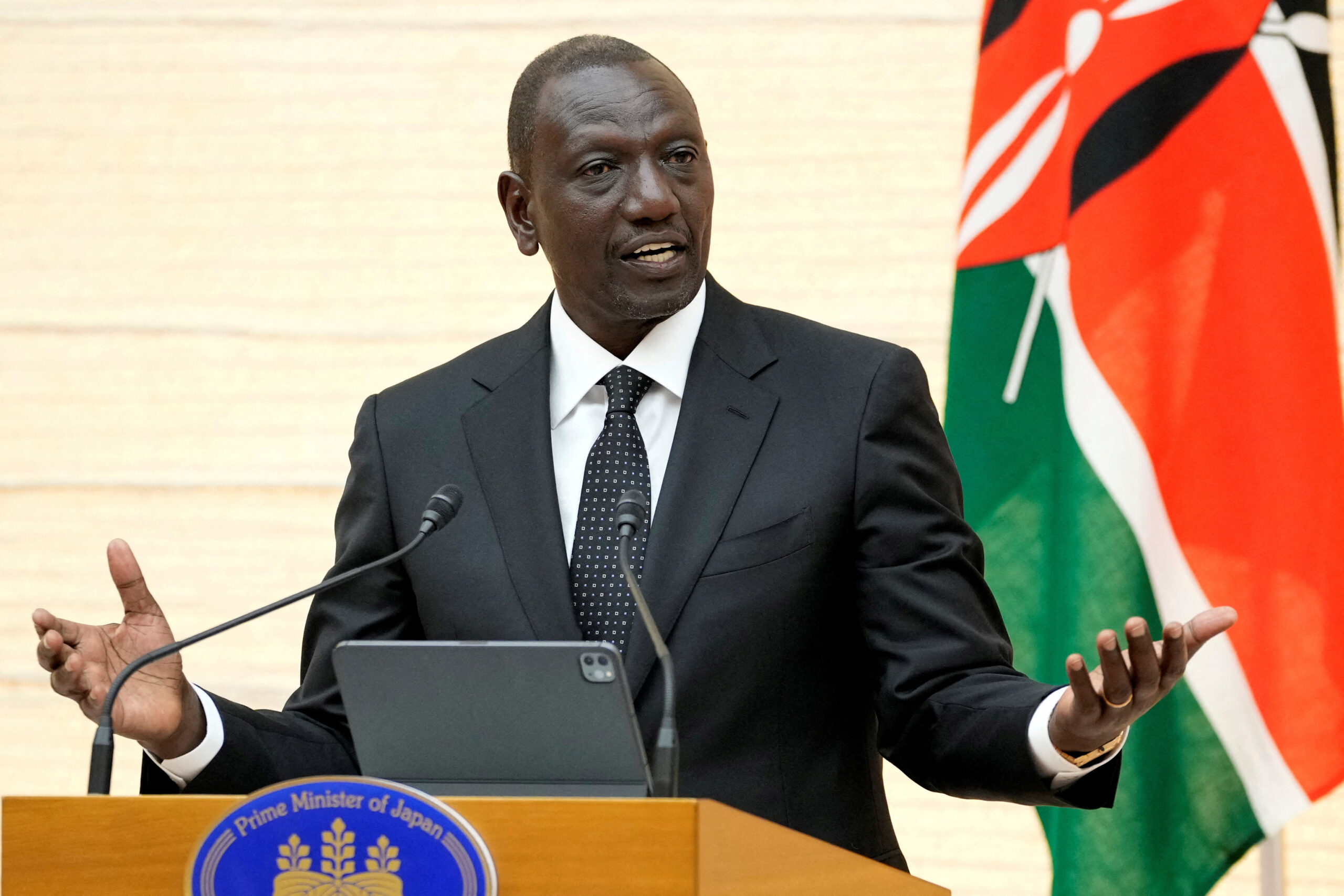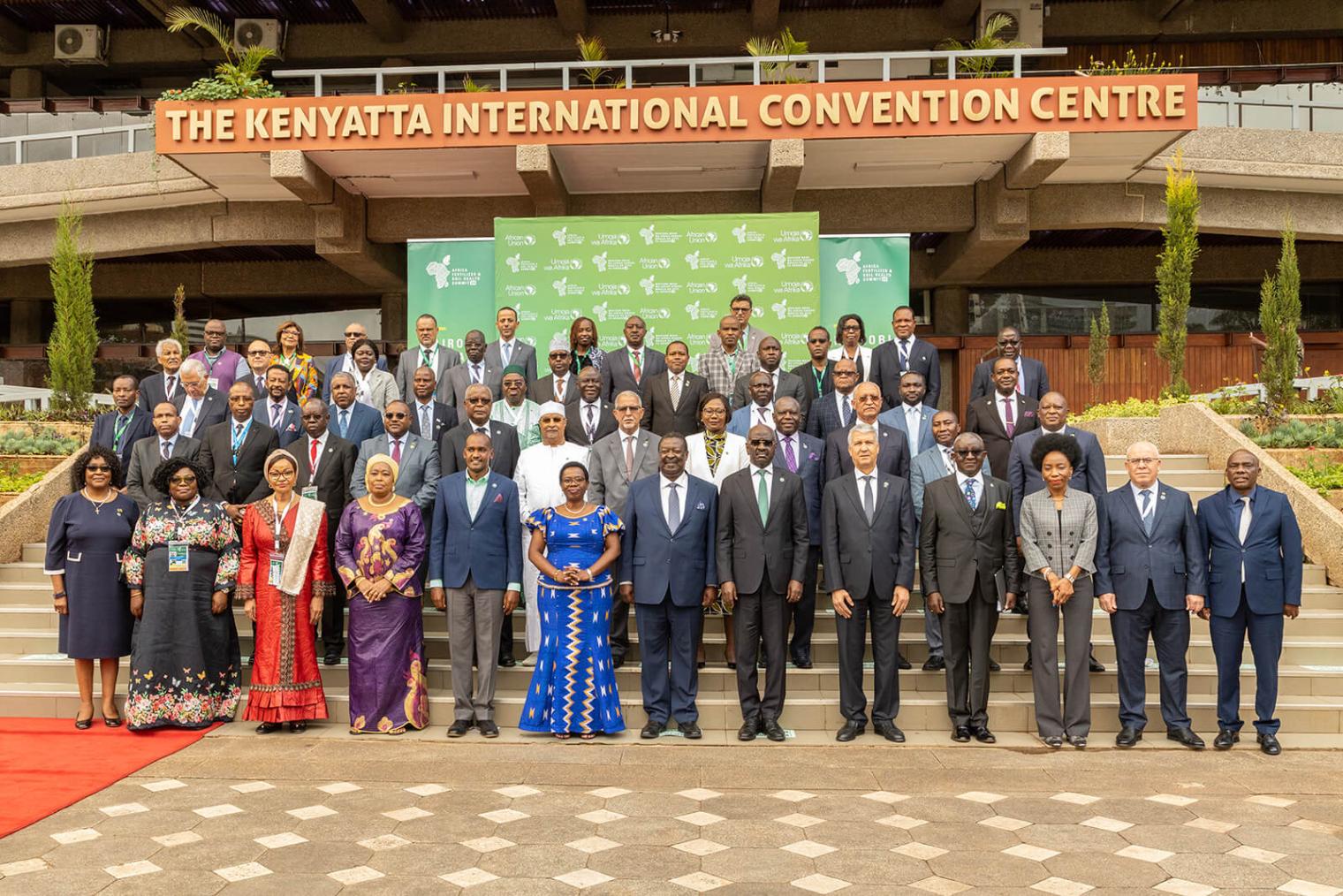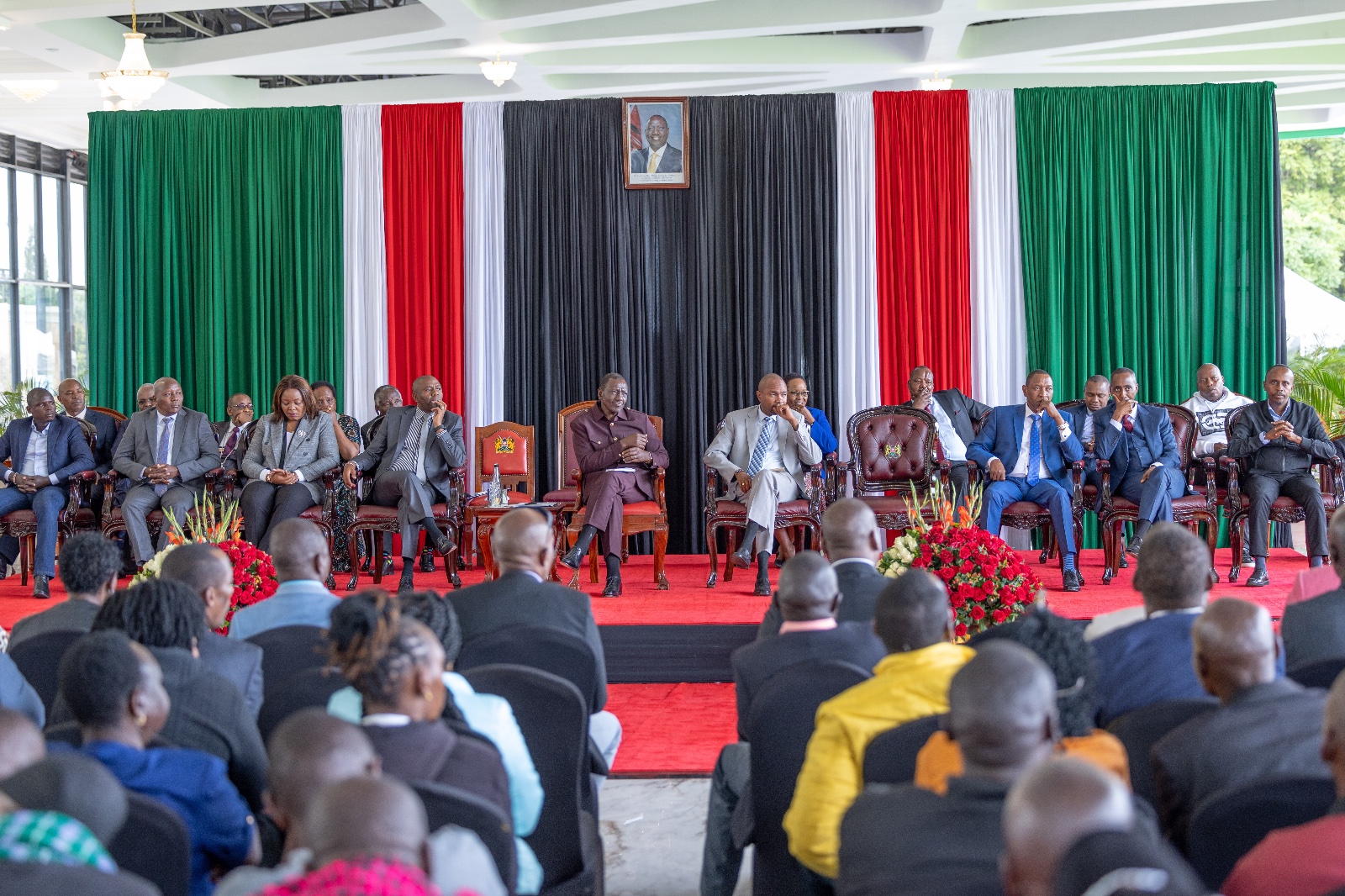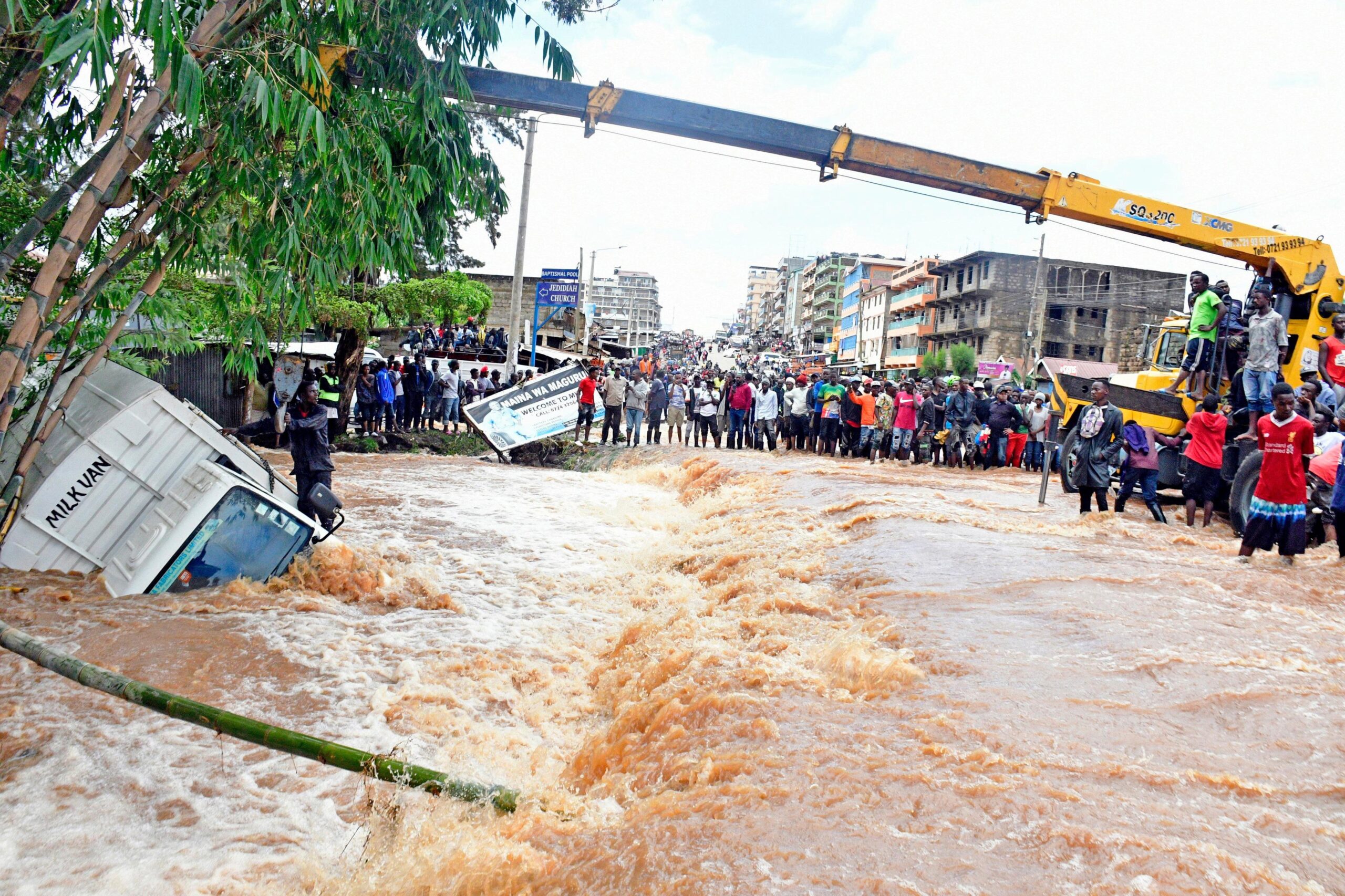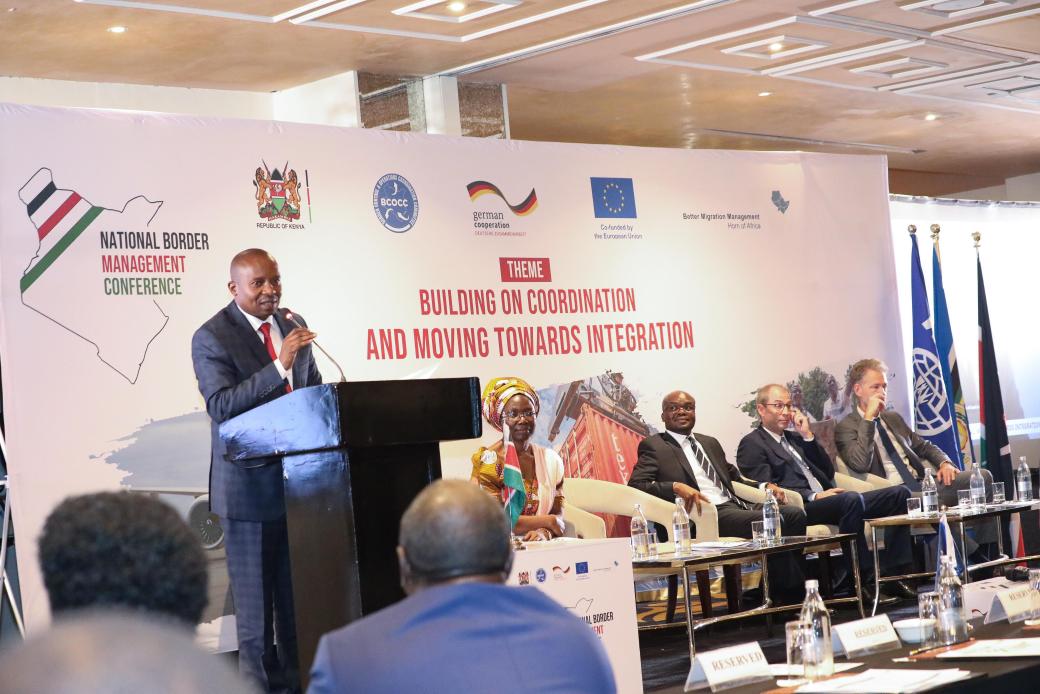
Cyberspace has become the fourth frontier of nations’ border security after land, sea, and air, owing to increasing threats to national and transnational security, the Interior ministry has said.
Interior Cabinet Secretary Kithure Kindiki noted on Tuesday that the border security concept has changed in the sense that, while the physical border still exists, there’s also the virtual border, which has become even more critical to manage and control.
He highlighted the future reliance on Artificial Intelligence (AI) and cloud computing for border control, indicating a shift towards more technologically-driven solutions.
He spoke while launching the inaugural border management conference in Nairobi, which brings together countries that directly border Kenya. The conference seeks to address drivers of conflict and strengthen cooperation in trade and the safe movement of people.
“As we struggle to harness our efforts to control and manage the physical border, we are confronted with the virtual border, which is giving us even more complications,” said Kindiki.
This will mean more concentration of security efforts on the virtual space in the foreseeable future.
“The traditional way of securing our country will remain relevant and therefore the traditional security hardware will remain crucial for countries in the immediate future,” the CS said.
“In this regard, the Government of Kenya has recently equipped security forces with the latest equipment and resources to combat threats to national security, through the modernisation programme that includes the National Police Service (NPS), the National Intelligence Service (NIS) and the Kenya Defence Forces (KDF).”


